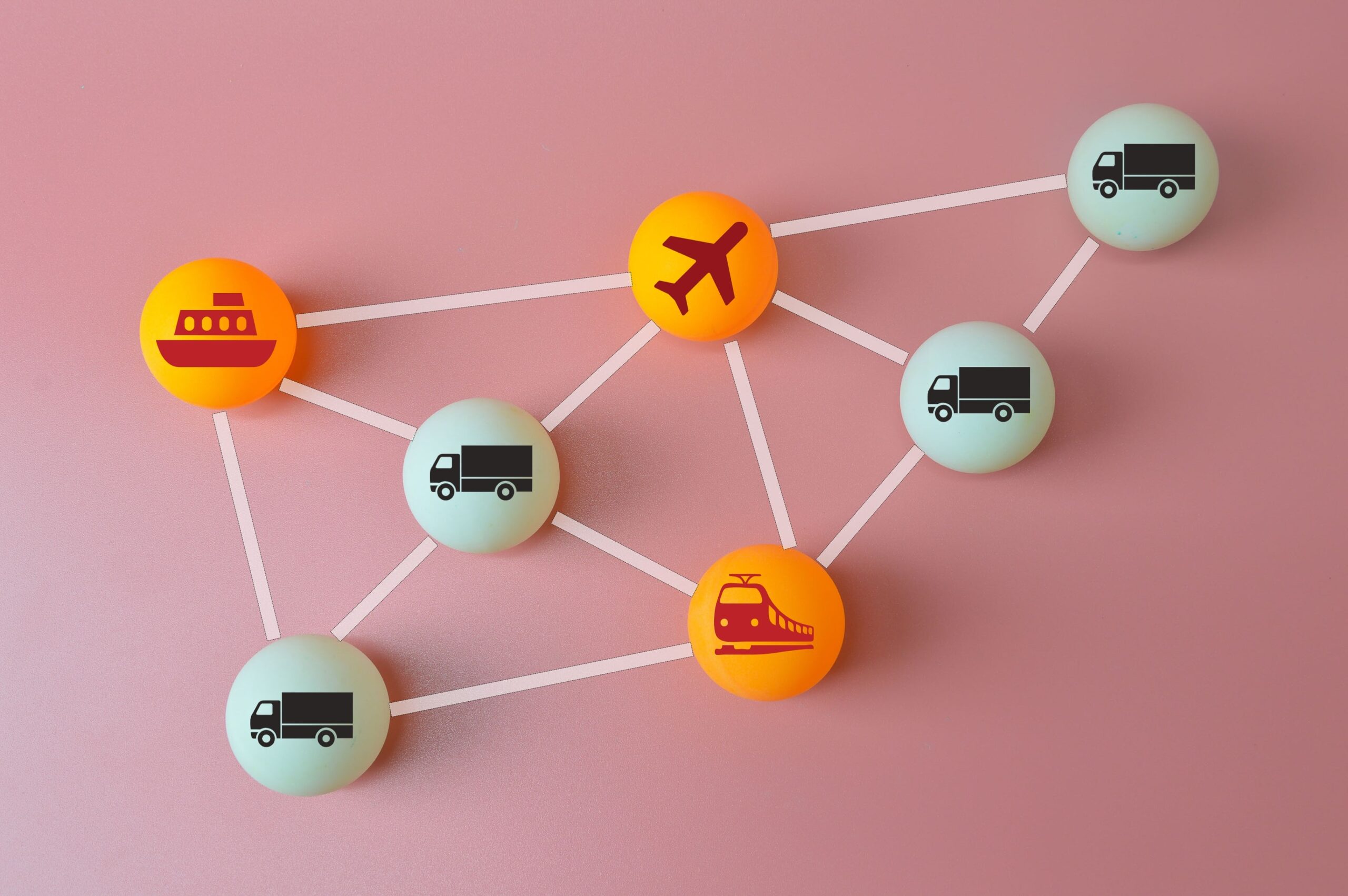

Explore the transformative impact of AI and IoT technologies on airport operations and passenger experiences, enhancing efficiency and redefining air travel.
The advent of Artificial Intelligence (AI) and the Internet of Things (IoT) has ushered in an era of unprecedented innovation across various sectors, with the aviation industry standing at the forefront of this technological revolution. Airports, as critical nodes in the global travel network, are rapidly embracing these advancements to streamline operations, increase security, and elevate the passenger experience. This article delves into the myriad ways AI and IoT are reshaping airports, offering insights into the future of air travel as we transition into a more connected and intelligent world.
AI’s role in enhancing airport operations cannot be overstated. From predictive maintenance that forecasts equipment failures before they occur to intelligent baggage handling systems that sort and track luggage with unprecedented accuracy, AI is significantly reducing downtime and improving operational efficiency. Facial recognition technology is bolstering security measures, while AI algorithms optimize air traffic management, leading to fewer delays and a smoother travel experience. Moreover, self-service kiosks and AI-driven resource management for staffing are transforming the check-in process and ensuring that human resources are deployed where most needed.
IoT technology is creating ‘smart airports’ that offer seamless passenger journeys. Travelers receive real-time flight updates directly on their mobile devices, and smart beacons provide wayfinding assistance throughout sprawling airport terminals. IoT sensors play a crucial role in crowd management, ensuring that passenger flow is smooth and efficient. Automated environmental controls adjust lighting and temperature for enhanced comfort, while personalized retail and hospitality services use IoT data to cater to individual preferences. Additionally, wearable technology facilitates instant communication between passengers and staff, further elevating the level of service.
Security and safety are paramount in airport operations, and AI is playing a critical role in enhancing these measures. Automated threat detection systems quickly identify potential risks, while anomaly detection algorithms prevent incidents by recognizing unusual patterns. AI-enhanced cybersecurity measures protect sensitive data, and drone surveillance is employed for comprehensive perimeter security. In emergency situations, AI enables integrated response coordination, ensuring swift and effective action to protect passengers and staff.
Sustainability is a growing concern for airports, and AI and IoT are instrumental in driving energy efficiency and reducing carbon footprints. AI systems manage energy consumption, while IoT devices monitor and optimize the use of resources such as water and electricity. AI analysis aids in planning sustainable infrastructure, and waste management is optimized through sophisticated algorithms. Furthermore, the integration of renewable energy sources into airport operations is streamlined by these technologies, leading to greener airports.
A key aspect of AI and IoT implementation in airports is the enhancement of the customer experience. AI-enabled chatbots provide instant customer service, addressing inquiries and resolving issues promptly. IoT-connected lounges offer passengers a customized environment to relax before flights. Dining and shopping recommendations are tailored to individual preferences, and real-time luggage tracking systems offer travelers peace of mind. Predictive analytics drive personalized offers, making each passenger’s journey unique and memorable.